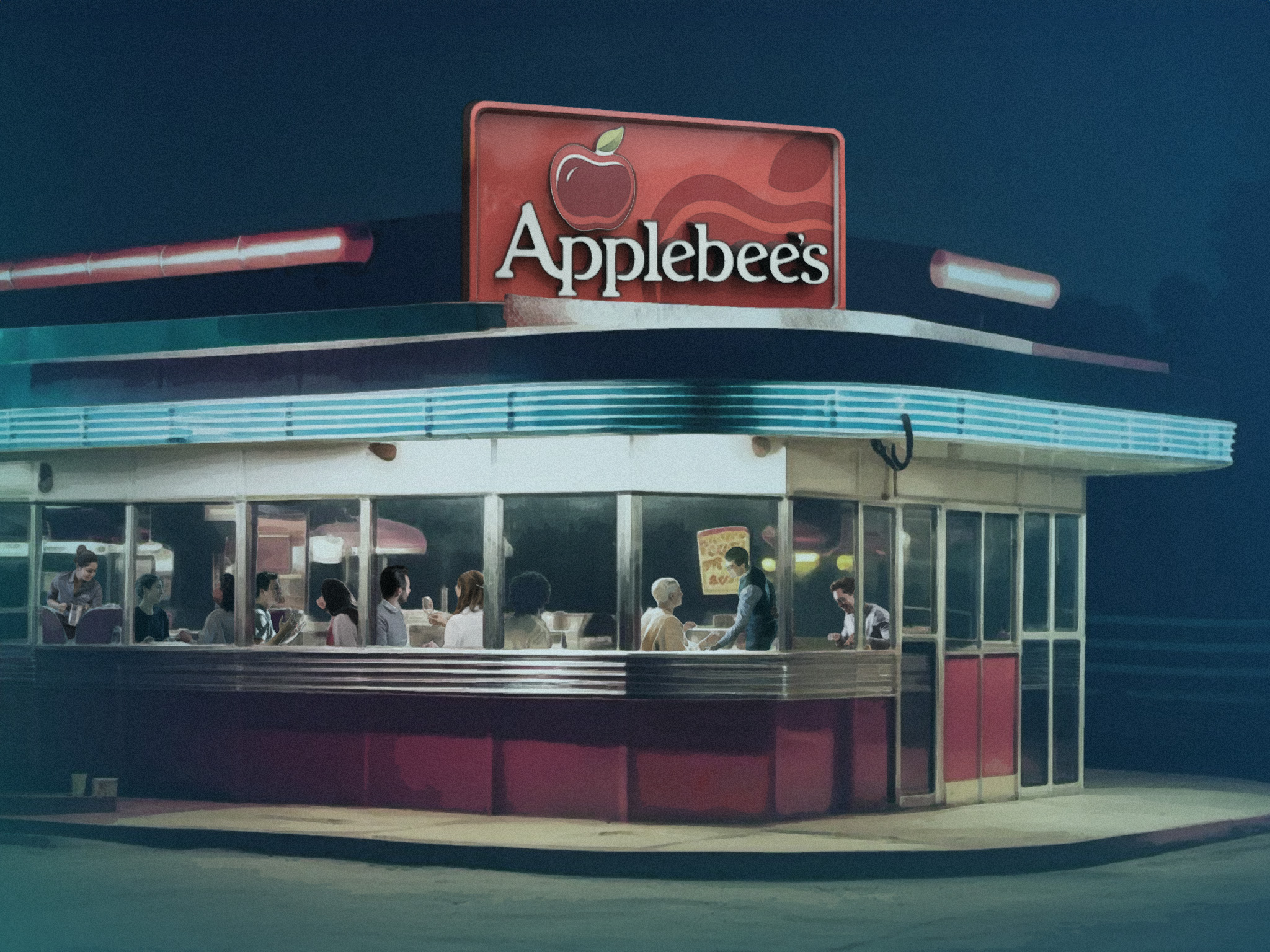Applebee’s (NYSE:DIN) gets creative as inflation poses risk to diners

Dine Brands (NYSE:DIN) has been struggling over the past year as inflation works its way through the economy, and the company noted negative comparable same-restaurant sales growth at Applebee’s as one of the reasons its revenue declined in the last quarter. In a telltale sign that customers are under pricing pressure, the company told the Securities and Exchange Commission that overall visits to Applebee’s declined in the last quarter as the average check increased.
Applebee’s, one of the largest restaurant chains in the US and a subsidiary of Dine Brands, is the latest eatery to test out a subscription service in the hopes of luring inflation-weary customers back to the table.
Dubbed the “Date Night Pass,” the $200 program offers a credit that can be used on food and non-alcoholic beverages 52 times over the next year and result in potential savings of nearly $1,400. The limited edition membership sold out within minutes, showing just how hungry customers are for deals.
“During the year, we found that guests limited their discretionary spend in response to economic pressures, and that this value conscious behavior continued in the fourth quarter, while this certainly creates challenging and dynamic market conditions, it also allows us to leverage our expertise in delivering exceptional value,” Dine Brands CEO John Peyton said last month during an earnings call, noting the popularity of promotional $1 margaritas at Applebee’s.
Dine Brands shares have struggled amid the challenges, falling 32% over the past year. The good news is that customers have been responding to promotions, and pressures on margins are easing.
While the “Date Night Pass” could be characterized as a limited promotion, the move is interesting as it comes amid successful subscription plans offered by Taco Bell, Pret a Manger and others. Perhaps the most famous plan can be found at Panera, which offers unlimited coffee and other drinks for $14.99 a month. A company official said last year that the program was a “huge traffic driver” and accounted for 25% of total transactions. What’s more, customers add on food with their free drink about one-third of the time – a classic upsell.
That’s exactly the promise of subscriptions, and the recurring revenue they ensure. Besides providing valuable discounts, they foster loyalty and drive traffic to participating locations where customers tend to add items onto their purchases. The apps that are typically used to manage such programs can also boost engagement and provide all kinds of data that can be used to understand consumer behavior.
Subscriptions aren’t a panacea, however, and there are signs of burnout with the average household now paying $219 a month on various recurring charges, many of which can end up unused. The jury is still out as to how excited mainstream consumers will be to sign up for another subscription service and lock themselves into a particular chain when options abound.
The move by Applebee’s to test the subscription waters will be worth watching, though, as most dining programs have so far centered around fast food and coffee. If a full service dining chain finds success in the effort, it could signal a big change in consumer behavior that will no doubt be quickly emulated across the sector.
